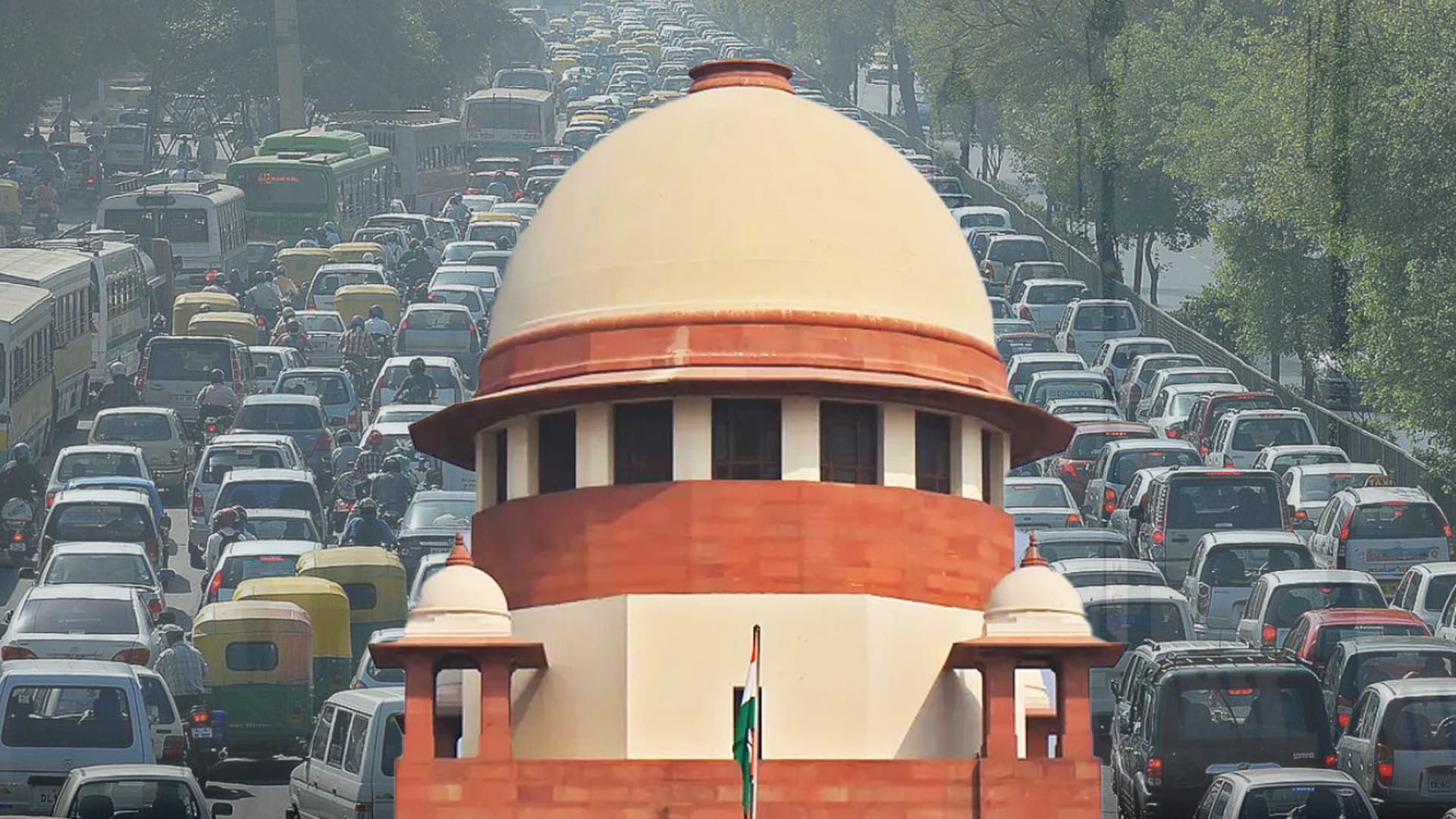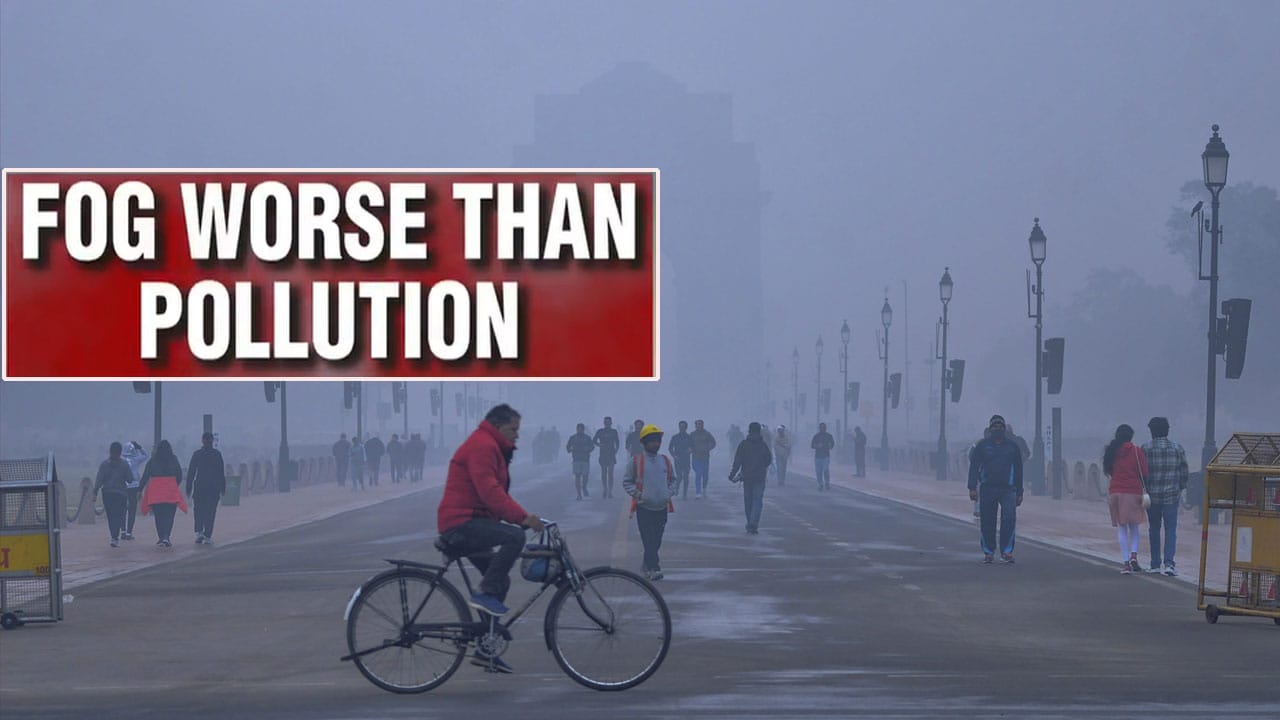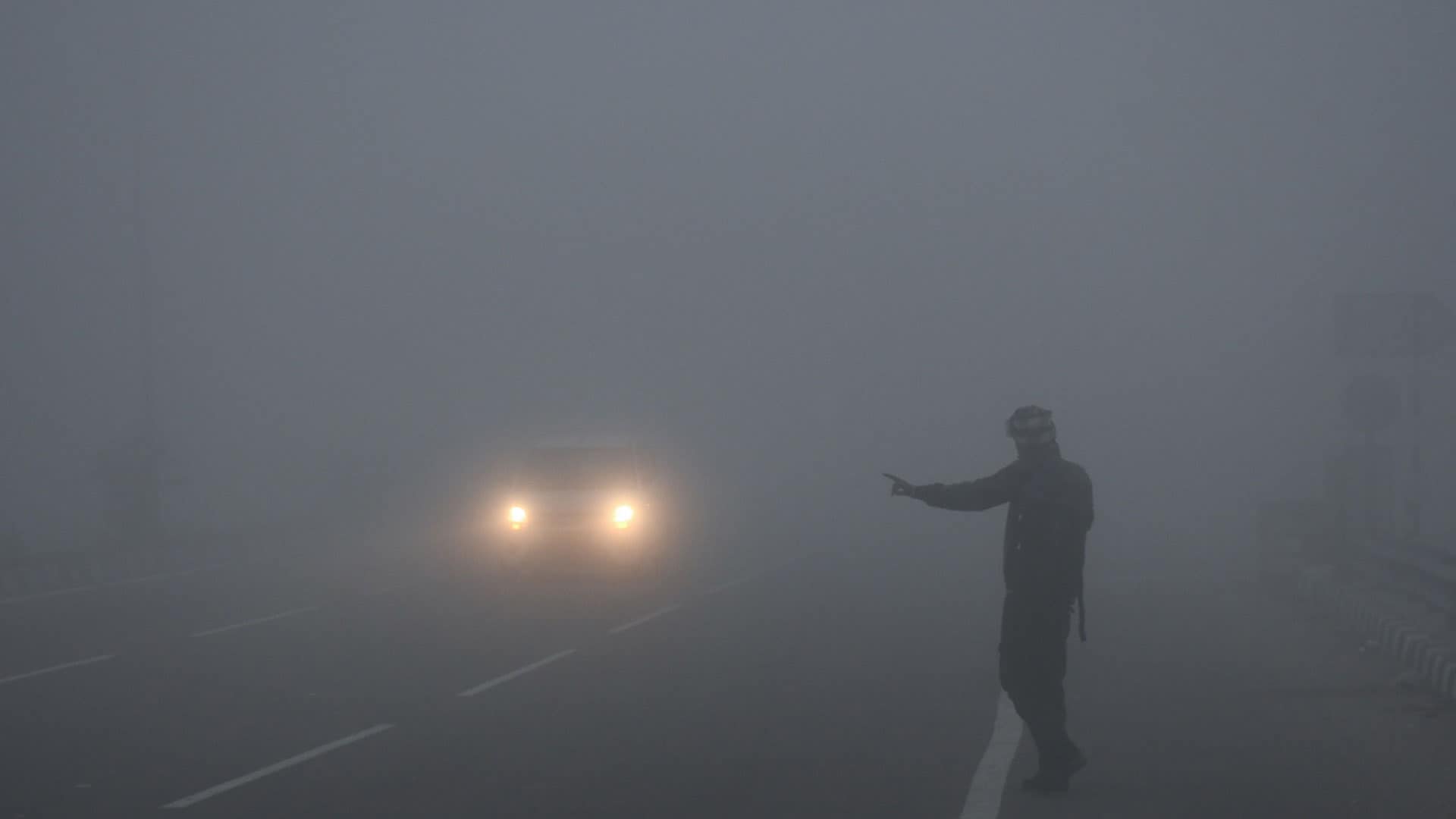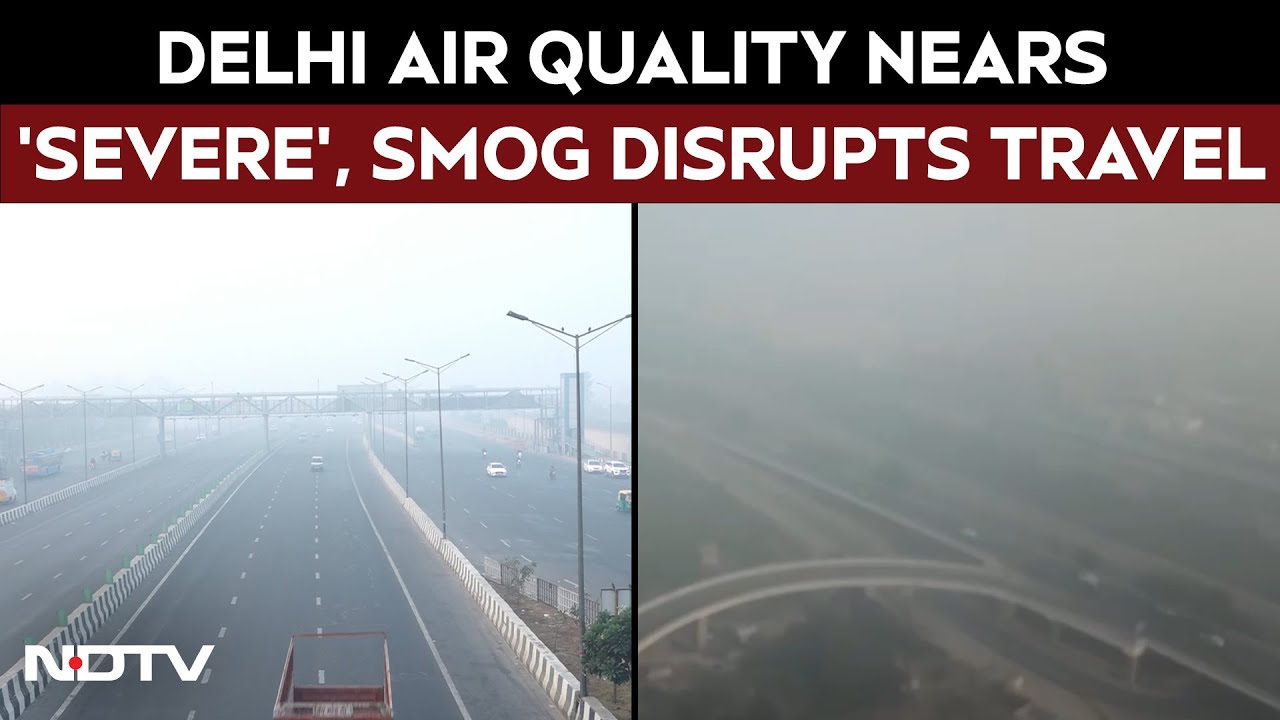- Home/
- Air Pollution: Follow These 10 Workout Tips To Stay Healthy And Safe
Air Pollution: Follow These 10 Workout Tips To Stay Healthy And Safe

Air pollution refers to the presence of harmful substances or particles in the air, usually from human activities such as industrial emissions, vehicle exhaust, and burning of fossil fuels. These pollutants can include chemicals, gases, smoke, and particulate matter.
Working out outdoors in an area with high levels of air pollution can indeed have negative effects on health. When exercising, we breathe in more air and take in a greater amount of pollutants compared to when we are at rest.
This can lead to various health issues, such as irritation of the respiratory system, increased risk of respiratory infections, worsening of asthma symptoms, decreased lung function, and an increased risk of developing chronic respiratory conditions.
Additionally, air pollution can also affect cardiovascular health, as pollutants can enter the bloodstream through the lungs and cause inflammation, oxidative stress, and damage to blood vessels. This may lead to an increased risk of heart attacks, strokes, and other cardiovascular diseases. Read on as we share tips to help you workout safely when the AQI is high.
10 Workout tips to follow if there's high air pollution:
1. Check the air quality index (AQI) regularly
Keep track of daily AQI levels in your area using reliable apps or websites. Avoid outdoor workouts on days when the pollution levels are high.
2. Modify your workout routine
Consider changing the timing of your workouts. Early mornings or late evenings usually have lower pollution levels compared to midday. Adjust your schedule accordingly.
3. Choose indoor workouts
Opt for indoor exercises like yoga, Pilates, or weightlifting instead of outdoor activities. This helps in minimising exposure to pollutants.
4. Invest in a good quality air purifier
If you prefer exercising at home, use an air purifier to filter out harmful particles and maintain good indoor air quality.
5. Wear appropriate gear
If outdoor activities are unavoidable, wear a mask designed to filter out pollutants. Additionally, dress in breathable and lightweight clothing to reduce exposure.
6. Find alternative locations
Look for areas with good air quality, like parks or green spaces close to water bodies. These areas tend to have better air circulation and lower pollution levels.
7. Stay hydrated
Drinking plenty of water helps your body flush out toxins more efficiently, minimising the impact of pollutants on your health.
8. Listen to your body
If you experience symptoms like coughing, wheezing, or shortness of breath during exercise, stop immediately and seek medical assistance if needed. Your body is indicating that the pollution levels are affecting you.
9. Incorporate indoor air-cleansing plants
Plants such as peace lilies, spider plants, and rubber plants can help improve indoor air quality by oxidising pollutants.
10. Participate in low-intensity workouts
Opt for less strenuous exercises during periods of poor air quality. Walking, gentle stretching, or light aerobic exercises can still provide health benefits without overexposing yourself to pollutants.
It is generally recommended to avoid exercising in areas with high levels of air pollution, especially on days when pollution levels are particularly high. If exercising outdoors is unavoidable, choosing times when pollution levels are lower, such as during early morning or late evening, can help to reduce exposure. Wearing a mask designed to filter out pollutants can also provide some protection. Indoor exercise options, such as a gym or home workout, may be a safer alternative when outdoor air quality is poor.
Disclaimer: This content including advice provides generic information only. It is in no way a substitute for a qualified medical opinion. Always consult a specialist or your own doctor for more information. NDTV does not claim responsibility for this information.
also read
44% Indian Cities Face Chronic Air Pollution, Only 4% Under National Clean Air Programme
Press Trust of IndiaDelhi's Toxic Winter Air May Carry Drug-Resistant Superbugs, Study Warns
Written by Shreya GoswamiCentral Pollution Body Pulled Up By Supreme Court Over Tardiness, Adjournment
Reported by Nupur Dogra
Latest Stories
- Press Trust of India | Friday January 09, 2026 , New Delhi
The PM2.5 assessment for 2025 ranks Byrnihat (Assam), Delhi, and Ghaziabad (Uttar Pradesh) as India's top three most polluted cities with annual concentrations of 100 g/m, 96 g/m, and 93 g/m, respectively.
- Written by Shreya Goswami | Wednesday January 07, 2026
A study by Jawaharlal Nehru University finds that Delhi's polluted winter air carries high levels of antibiotic-resistant bacteria or superbugs far above safe limits, posing public health risks, especially for vulnerable groups and those with chronic
- Reported by Nupur Dogra | Tuesday January 06, 2026 , New Delhi
The Commission for Air Quality Management or CAQM, was strongly reprimanded by the Supreme Court today, which said the pollution body was not taking the issues raised by the court seriously.
- Written by Shreya Goswami | Tuesday January 06, 2026
Bronchial asthma often worsens in winter due to cold air, pollution and infections.
- Asian News International | Sunday January 04, 2026 , New Delhi
Delhi's air quality continued to remain in the 'poor' category on Sunday, with the national capital recording an overall Air Quality Index of 248, according to data from the CPCB.
................................ Advertisement ................................
Latest Videos
Opinion
Blog | Well Done, Delhi. You've Turned Lung Sacrifice Into A Badge Of HonourSaikat Kumar Bose
Monday November 10, 2025Till some years back, Delhiites would ask angry questions to those in power about the capitals annual tryst with toxic air. This has changed. Those in the driving seat dont see the need to answer now.
Opinion | Why Indians Have Just Given Up On Air Pollution CrisisTanushree Ganguly
Friday December 20, 2024While some may argue that people in Delhi are now more aware of air pollution than they were a decade back, my rebuttal would be that awareness does not mean that people are concerned.
Opinion | You Must Outrage Over Filthy Air More Than Once A YearJyoti Pande Lavakare
Tuesday December 10, 2024Delhi welcomed us with monsoon rains and mangos. We were home. Fast forward a couple of years, in the winter of 2012, I found myself in denial about something other parents, mostly expats, were calling toxic air.
Opinion | Delhi's Air Pollution Situation Is Like A Bad MarriageNishtha Gautam
Friday November 22, 2024On a good day, such as today, the AQI reading in Delhi is 407. We are jubilant at the sickly sunshine trickling through the slightly dissipated smog. At least its not 1600.
दिवाली... पराली... सियासी जुगाली!Ashwini kumar
Monday November 18, 2024दिल्ली-एनसीआर में प्रदूषण का समाधान तो आज तक मिला नहीं. हर साल चिंतित होकर हम-आप सांसों की तकलीफ के साथ-साथ दिल और ब्लड प्रेशर के मरीज भी क्यों बनें?


















